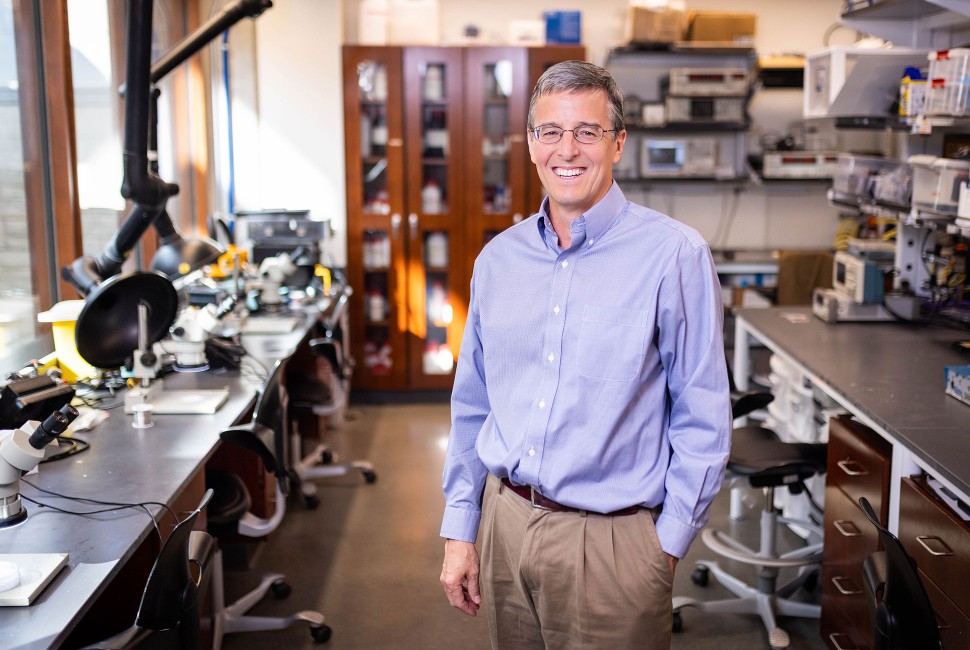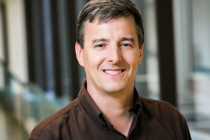Northwestern University bioelectronics pioneer John A. Rogers has been elected as a Fellow of the Royal Society, the United Kingdom’s national academy of science and one of the most prestigious academies in Europe.
With this new election, Rogers becomes one of only three individuals in the world with membership in all three U.S. academies (National Academies of Science, Engineering and Medicine) and in the Royal Society.
Each year the Royal Society elects new Fellows and Foreign Members based on “a substantial contribution to the improvement of natural knowledge, including mathematics, engineering science and medical science.”
This year’s cohort features 90 trailblazing researchers from around the globe, including eight from the U.S. The Fellows join the ranks of Stephen Hawking, Isaac Newton, Charles Darwin, Albert Einstein, Lise Meitner, Subrahmanyan Chandrasekhar and Dorothy Hodgkin.
“It is with great pleasure that I welcome the latest cohort of outstanding researchers into the Fellowship of the Royal Society,” said Sir Adrian Smith, president of the Royal Society. “Their achievements represent the very best of scientific endeavor, from basic discovery to research with real-world impact across health, technology and policy. From tackling global health challenges to reimagining what AI can do for humanity, their work is a testament to the power of curiosity-driven research and innovation.”
“I am deeply honored to join the Royal Society as a Fellow,” Rogers said. “Frankly, I am very fortunate — on average, the society elects only a half dozen or so foreign members from the U.S. each year, and only a couple of these are in the physical and engineering sciences. This recognition reflects the dedication and hard work of our broader team. I am privileged to work alongside such a remarkable, talented group of students, postdocs and collaborators.”
Rogers is the Louis Simpson and Kimberly Querrey Professor of Materials Science and Engineering, Biomedical Engineering and Neurological Surgery — with appointments in the McCormick School of Engineering and Feinberg School of Medicine. He also is founding director of the Querrey Simpson Institute for Bioelectronics.
“I am delighted to see John recognized with this tremendous honor,” said Christopher Schuh, dean of McCormick. “John is undeniably at the forefront of a field with the potential for incredible impact on our daily lives. We are proud to have him here at Northwestern."



